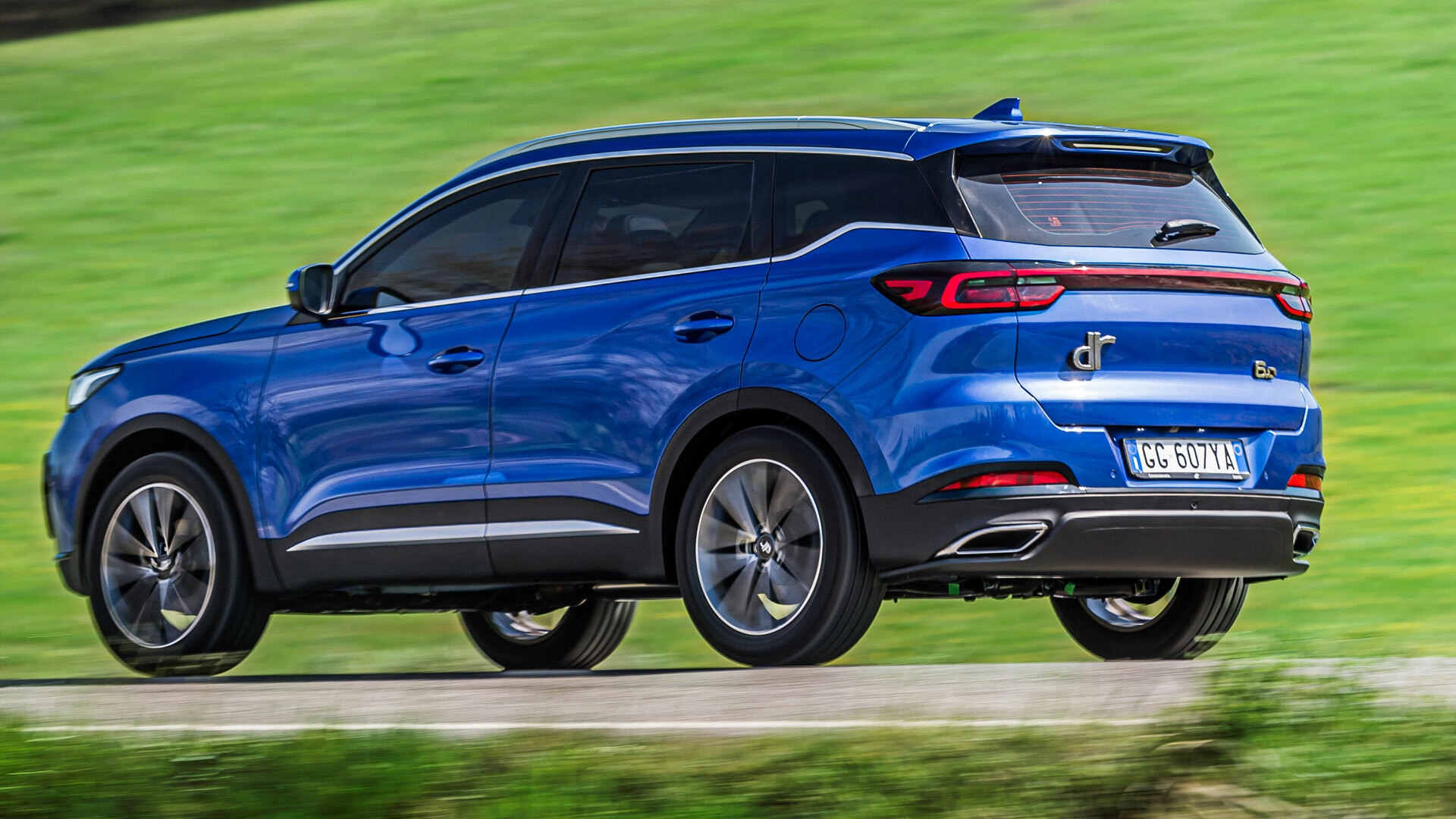(Reuters) – Italian automaker DR Automobiles has been fined 6 million euros ($6.4 million) for misleading consumers about the Chinese origin of its DR and EVO cars, Italy’s Antitrust Authority (AGCM) said on Thursday.
Based in the southern Italian region of Molise, DR assembles low-cost cars, including fully electric models, produced by the Chinese car manufacturers Chery, JAC and BAIC, using components imported from these companies.
According to the AGCM, DR Automobiles misleadingly marketed cars sold under the DR and EVO brands as made in Italy products, whereas they are mostly manufactured in China, with minor finishing and assembly operations carried out in Italy.
DR said it would appeal, arguing it had never claimed its cars were entirely manufactured in Italy. Its founder Massimo Di Risio described the ruling as incredible.
“We fully dispute the AGCM’s decision and are about to challenge it, confident of overturning it entirely,” he added.
The company added it planned to step up operations at its Macchia d’Isernia facility in Italy with a new production plant to help develop new models.
Italy has recently taken a hard line on country-of-origin issues related to the automotive sector.
Last month, Stellantis removed the Italian flag from the rear bumpers of its Polish-produced Fiat 600 after Italian authorities repeatedly accused the automaker of being misleading on the origin of vehicles made abroad.
Tensions are also running high between China and the European Union over car imports, with the EU planning tariffs to shield its production from what it says is unfair Chinese competition in electric vehicles.
AGCM also said the company’s DR Service & Parts unit had not been offering an adequate supply of spare parts and after-sales service, potentially infringing on consumer rights. The fine also covered this shortcoming.
The company and its spare parts unit were given 60 days to communicate the steps taken to rectify the issues identified by the authority.
DR said it had been affected by disruption to the supply chain in the post-pandemic period but the situation had now improved, with average delivery times for spare parts of just over two days in the first quarter of 2024.
Reporting by Romolo Tosiani and Giulio Piovaccari; Editing by Keith Weir











